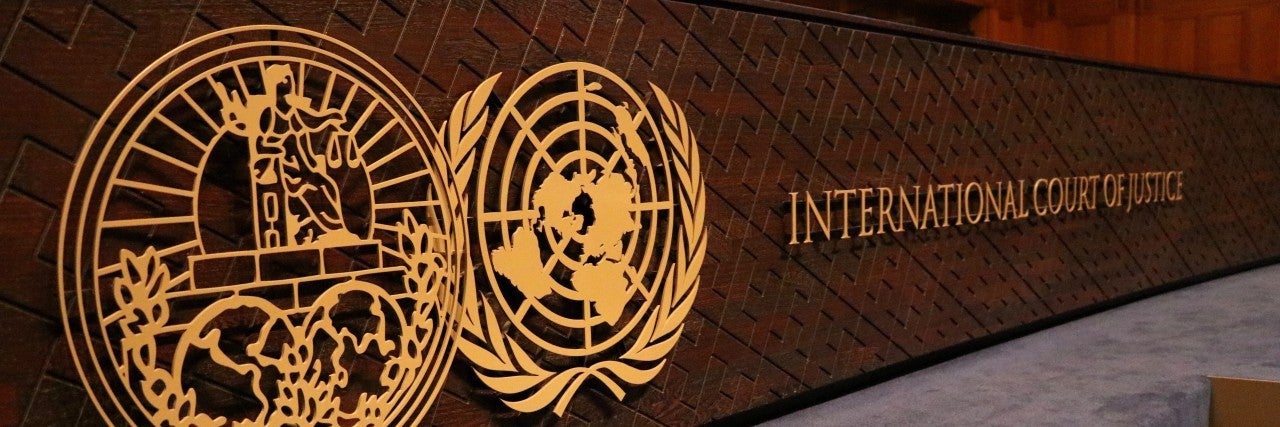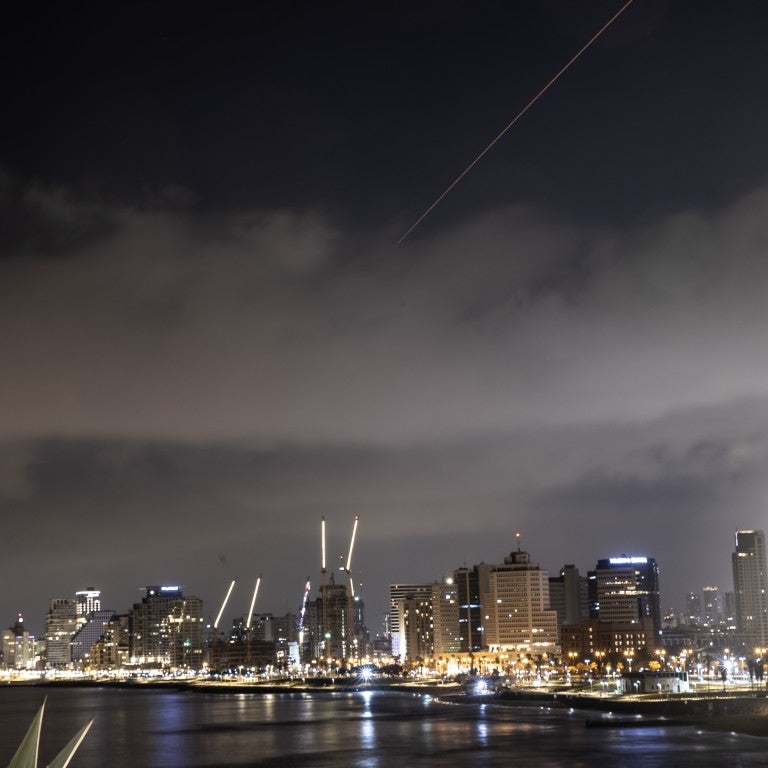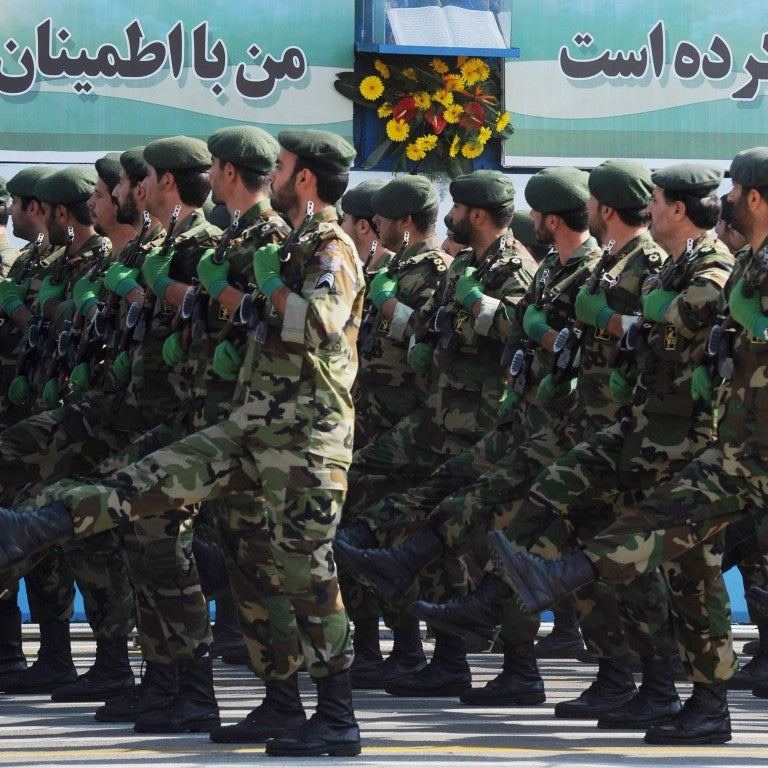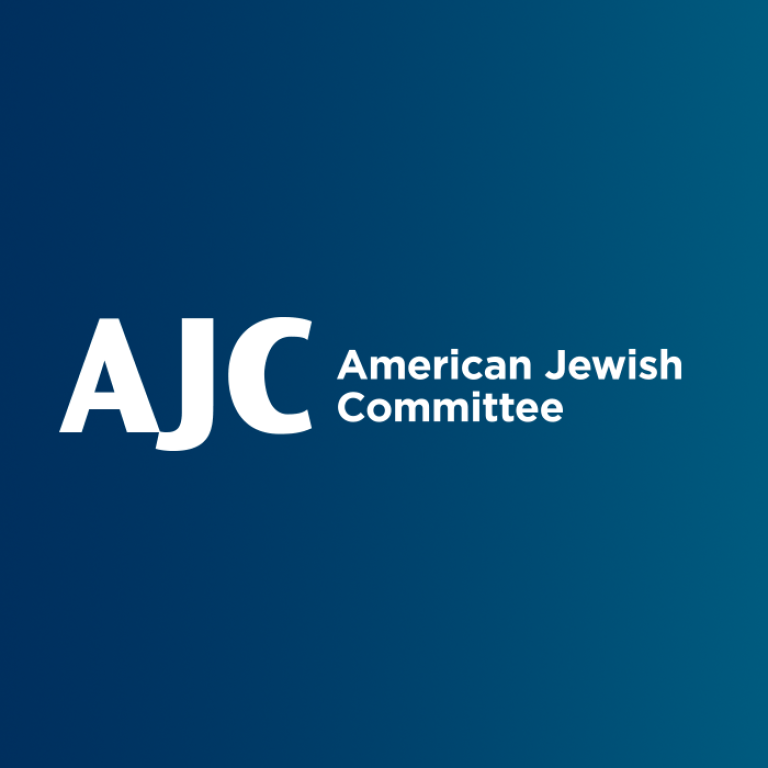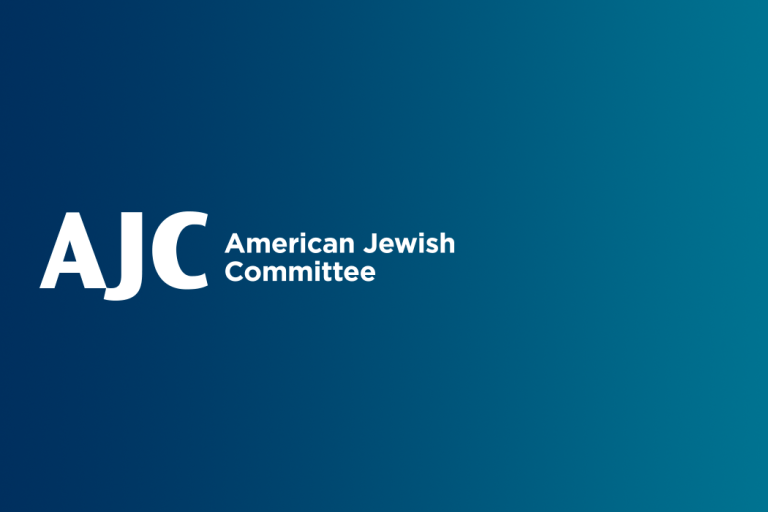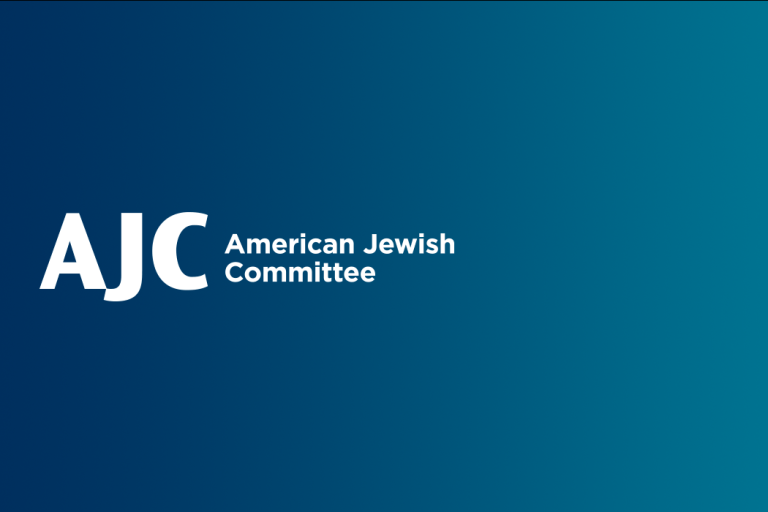April 2, 2024
The International Court of Justice (ICJ) on Friday declined to order Israel to cease its defensive military operation against the Hamas terror group. This decision dealt a major blow to South Africa’s outrageous and meritless case against Israel.
Instead, the Court ruled that Israel should continue taking actions it’s already taking and to continue to increase the humanitarian aid reaching civilians in Gaza. Although Hamas is not a party to the case, the Court nevertheless also called for the “immediate and unconditional” release of all hostages abducted by Hamas and other armed groups during the October 7 massacre.
Here’s what you need to know.
What are the main takeaways from the International Court of Justice’s January 26 decision?
To be completely clear, the Court did not rule on the merits of the genocide claim. Today the court issued provisional measures, which is a step taken in many such cases as the Court prepares to begin the long process of investigating the claim.
The first main takeaway is that the Court denied South Africa’s goal, which was to have a court order that called for Israel to halt its self-defense operation against Hamas in Gaza.
The second key takeaway is that the Court’s orders do not reflect any assessment of the merits of South Africa’s claims or Israel’s counterargument - it repeatedly stressed that it had not determined any violations of the Genocide Convention had occurred.
The third takeaway is that the Court’s orders, outlined above, do not call on Israel to do anything it has not already done and is committing to continue to do in accordance with Israeli and International law, including the transfer of humanitarian aid and precautions to protect civilian lives.
What does this mean for Israel?
There are three next steps for Israel:
First, the Court did not throw out South Africa’s case against Israel. That means the case will continue and, over the course of potentially years, both sides will present evidence to the Court before a final decision is made.
Second, Israel will need to continue to respond to the unprecedented campaign of anti-Israel and antisemitic disinformation surrounding this conflict, as some will mischaracterize and misinterpret the Court’s action today as something it is not. Already, South African leaders have mischaracterized the decision, saying that the Court ordered a ceasefire in Gaza “by implication.”
Third, Israel will need to resist efforts at the UN and beyond to use the ICJ decision as a pretext for taking further steps at international bodies to pressure it to agree to a ceasefire in Gaza even though the Court has not ordered this step. The UN Security Council is the enforcement mechanism for ICJ decisions, including on provisional measures. In today’s decision, the Court also asked Israel to report to the Court on its efforts to implement the measures it ordered in a month.
What are provisional measures and which provisional measures did the Court issue in this case?
“Provisional measures” are actions that the ICJ can order a State to take in the years it could take the Court to examine the evidence in a case. It could take the Court years to fully consider South Africa’s case against Israel.
These measures do not reflect the Court’s opinion on the merits of the allegations.
The Court issues “provisional measures” in circumstances where it believes that it is “plausible” – not likely, merely possible – that the rights of a party in a conflict are at risk of “irreparable harm” by the other party. Two of the Court’s judges issued separate opinions in today’s decision asserting that South Africa had not met even this low threshold, as it had shown no evidence that Israel’s actions in Gaza reflect genocidal intent.
South Africa asked the Court to consider extremely expansive provisional measures that would stop the alleged genocide it claims Israel is committing in Gaza and require Israel to punish cases of incitement to genocide that have occurred. But the Court did not grant South Africa’s wish.
Instead, the Court issued modest provisional measures similar to those in some past cases:
- Uphold the Genocide Convention, by refraining from committing prohibited acts with the intention to destroy a particular group in whole or in part, and by preventing and punishing direct and public incitement to genocide;
- Increase the entry of humanitarian aid and basic necessities in Gaza;
- Preserve any evidence of the commission of acts prohibited by the Genocide Convention
- Report to the Court in one month about its efforts taken to these ends.
It is important to note that the ICJ has ordered provisional measures in every case brought before it under the Genocide Convention when a State has requested them.
Why is South Africa’s case meritless?
The baseless accusation is the latest in a series of anti-Israel positions the country has taken. In recent years, its historic alliance with the Palestinian Liberation Organization (PLO) has shifted to also encompass Hamas, the antisemitic terror organization that controls Gaza.
But these accusations represent the most dangerous and deceptive rhetoric to date. The implied hypocrisy that the survivors of genocide are now committing one of their own makes for a powerful talking point in the war of words surrounding the Israel-Hamas War.
“Genocide” refers to the physical destruction of an entire group in whole or in part that has been targeted on the basis of its identity. This is not Israel’s objective in Gaza. Hamas continues to hold more than 100 Israeli hostages. Hamas is still firing rockets indiscriminately at Israel population centers. Hamas has repeatedly reaffirmed its desire to annihilate the State of Israel.
However, the possible motives of South Africa in making this accusation are multiple. South Africa’s governing party, the African National Congress political party, is likely seeking to stem a tide of vote losses in advance of national elections set for later this year. It likely believes its posturing on this issue will win back former voters. In this context, the ICJ claim may provide a distraction from pressing domestic issues that have plagued the party, such as persistent unemployment, inequality, and poverty.
To that end, in November, South Africa recalled its diplomats from Israel and called on the International Criminal Court to issue arrest warrants for Israeli Prime Minister Benjamin Netanyahu, and other Israeli leaders for “statements of genocidal intent” and other alleged war crimes. Israel withdrew its ambassador from Pretoria for consultation.
Why didn’t the Court reject South Africa’s request entirely? Isn’t AJC’s position that it is “baseless?”
AJC’s position, shared by Israel, is that South Africa’s claim is baseless, and the Court should have rejected it outright. It’s abundantly clear that South Africa is inappropriately seeking to use the Genocide Convention to achieve its political goals, namely to isolate Israel on the world stage as well as provide the ruling African National Congress political party a distraction from pressing domestic issues in advance of a national election set for later this year
In accusing Israel of genocide, South Africa disregarded the voluminous evidence that Israel’s motivation for undertaking its military campaign in Gaza was self-defense, not to destroy the civilian population in Gaza. It also ignored the fact that Israel endeavors to minimize harm to civilians in the context of an operation against a terrorist group that consistently and deliberately exposes Palestinian civilians to harm and seeks to exploit the protected status of hospitals, schools, and humanitarian aid as one of its core tactics.
“It is a travesty that the ICJ did not throw out South Africa’s baseless genocide charges against Israel entirely and prevent this unnecessary and libelous spectacle from dragging on for years to come,” AJC CEO Ted Deutch said. “The Court’s order today thwarted South Africa’s primary objective in launching this case: to turn the Genocide Convention on its head and use it as an ‘aggressor’s charter’ to prevent Israel from defending its citizens against Hamas’ brutality and continued terror.”
What has the ICJ ordered Israel to do to increase humanitarian aid to Gaza?
On March 28, the International Court of Justice (ICJ) supplemented the provisional measures it has ordered Israel to take in the context of the case that South Africa has brought against Israel about its compliance with the Genocide Convention.
Once again, the Court rejected South Africa’s repeated requests for it to order Israel to immediately suspend hostilities in Gaza. Additionally, the Court rejected South Africa’s request for it to call on third States that are supporting Israel’s military effort to cease doing so. The Court also did not make any finding that Israel is in violation of its international legal obligations, as the case is still in a very preliminary phase in which the parties have not yet presented evidence.
However, reacting to pronouncements by UN officials about the extent of humanitarian suffering in Gaza the Court did order Israel to “ensure” “the unhindered provision at scale” of basic humanitarian goods to the Gaza Strip, including food, water, electricity, fuel, shelter, clothing, hygiene and sanitation requirements, medical supplies, and medical care. Additionally, it called on Israel to increase the “capacity and number of land crossing points” and to keep them open for as long as necessary.
The Court also ordered Israel to ensure that its military “does not commit acts” that violate the Genocide Convention, “including by preventing, through any action, the delivery of urgently needed humanitarian assistance.” Israel was instructed to report back to the Court within one month about its efforts to fulfill these orders.
Judge Aharon Barak, a former president of Israel’s Supreme Court who Israel appointed to serve on the ICJ's panel of judges in the case, wrote a separate 11-page opinion expressing concern that the Court’s order was not directly linked to Israel’s obligations under the Genocide Convention but rather to international humanitarian law more broadly, over which the Court lacks jurisdiction. He also expressed concern that the Court’s order addressed only Israel, and not Hamas, which is not a party to the case, and did not engage seriously with Israel’s claims that it is working to ensure that the necessary humanitarian aid reaches Palestinians who require it. .
Barak wrote of the humanitarian situation in Gaza: “Israel is not the only responsible party. In most cases, Hamas quickly takes control of the aid when it enters Gaza or prevents it from being delivered to those who need it the most. ... The main problems today are, inter alia, the unloading, storage and distribution of aid, and, most of all, securing all of these stages from acts of looting.”
Indeed, Israel has expressed concern that Hamas diverts humanitarian aid and has denied accusations that it has delayed delivery of humanitarian relief, saying there is no limit to the amount of aid that can – and does – enter the coastal territory.
“Israel will continue to promote new initiatives, and to expand existing ones, in order to enable and facilitate the flow of aid to the Gaza Strip in a continuous and extensive manner, by land, air, and sea, together with UN bodies and other partners in the international community,” Foreign Ministry spokesperson Lior Hayat said in a statement posted on X in response to the ICJ’s decision. “
“This includes ongoing efforts to increase the scale, and means of access for such aid despite the operational challenges on the ground and Hamas’ active and abhorrent efforts to commandeer, hoard, and steal aid,” he added. “Israel is committed to meeting its legal obligations, including with respect to humanitarian assistance, and will continue to exercise its right and duty to defend its citizens.”
What comes next in the case?
It will likely take years for the ICJ to decide on South Africa’s claims that Israel is committing genocide and has failed to prevent and punish incitement to genocide committed by members of the government and others.
For now, the UN Secretary-General will inform the UN Security Council about the Court’s provisional measures order. The Security Council has no obligation to take further action, although it could choose to do so. For example, it has not reacted to the provisional measures issued by the ICJ in the two most recent Genocide Convention cases it has considered because of the political dynamics at play in these cases (China prevents Security Council action on Myanmar, Russia prevents Security Council action on itself). States will also likely seek to refer to the orders in resolutions at other UN bodies, including the General Assembly and Human Rights Council.
From a practical standpoint, the Court’s order does not order Israel to do anything it has not already said it is doing and will continue to do.
However, given the campaign of disinformation surrounding this conflict, there is a serious risk that the Court’s action will be mischaracterized and misinterpreted as something it is not. Moreover, even though the Court rejected South Africa’s attempt to obtain an order constraining Israel’s ability to act, it or another State may ask the Court to issue provisional measures against Israel again in the future.
Furthermore, Hamas, which carried out its own genocidal terror attack against Israel on October 7, is a terrorist organization and not a state and, therefore, cannot be brought before the ICJ for its crimes.
AJC continues to urge members of Congress, governors, mayors, and city leaders to unequivocally condemn Hamas, oppose calls for a unilateral ceasefire, and continue pressing for the release of all hostages.
